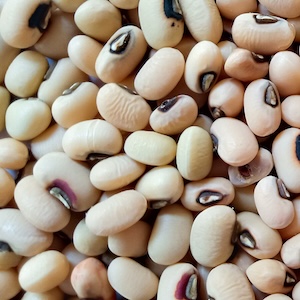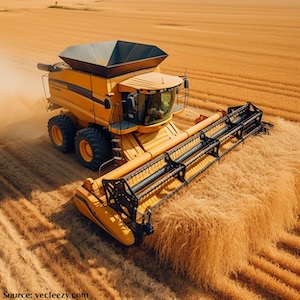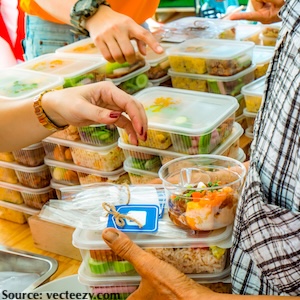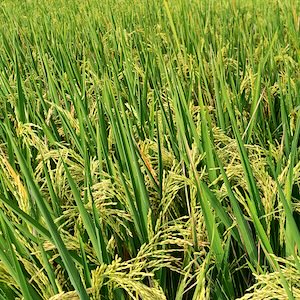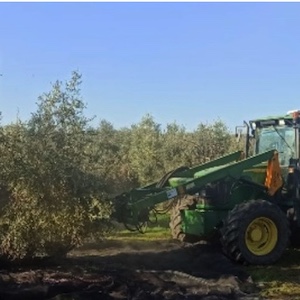Effect of envelope characteristics on the accuracy of discretised greenhouse model in TRNSYS
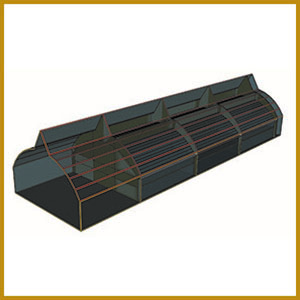
All claims expressed in this article are solely those of the authors and do not necessarily represent those of their affiliated organizations, or those of the publisher, the editors and the reviewers. Any product that may be evaluated in this article or claim that may be made by its manufacturer is not guaranteed or endorsed by the publisher.
Authors
TRNSYS is a standard tool recently used to model and simulate greenhouse energy demand and utilisation using building energy simulation (BES). Previously, a single thermal point was used for validation, ignoring the distribution of greenhouse climate parameters, especially the temperature. Temperature variation often leads to thermal stratification, prompting researchers to propose volume discretisation in dynamic greenhouse simulations. In this context, the effect of envelope characterisation on the accuracy of the discretised TRNSYS BES model was developed to determine the best BES model under a free-floating regime. The combination of the number of layers [double (D) and single (S)], geometry mode [3D and manual (M)], and layer type [massless (M) and no glazing window (W)], led to the development of five models: D_3D_M, D_3D_W, D_M_M, S_3D_W, and S_M_M. The simulation was performed in a standard radiation mode, and the output parameters were temperature and relative humidity (RH). R2 and the root square mean error (RSME) were used to check the fitness and degree of deviation, respectively, to validate the models. Analysis of variance (ANOVA) was employed to investigate the significant differences among the models, whereas contour plots were used to compare the distribution pattern between the significant models and experimental data. Validation of the models showed that the obtained R2 values ranged from 0.86 to 0.95, and the RSME values for the temperature were between 2.64°C and 3.91°C. These values were 0.91-0.93 and 19.72%-30.32% for RH. The ANOVA (P<0.05) result exhibited significant differences between the S-scenario models and experimental central points in temperature and RH. However, the D- and S-layer scenarios with a 3D geometry and massless layer showed similar distribution with their corresponding experimental greenhouses. Hence, 3D_M was regarded as the best combination in the discretised BES model.
How to Cite

This work is licensed under a Creative Commons Attribution-NonCommercial 4.0 International License.







